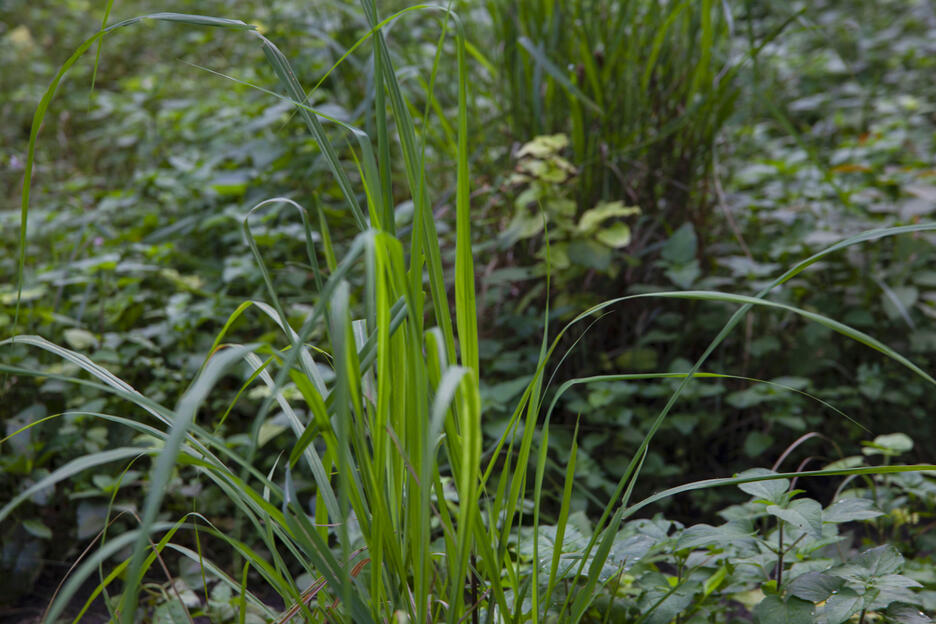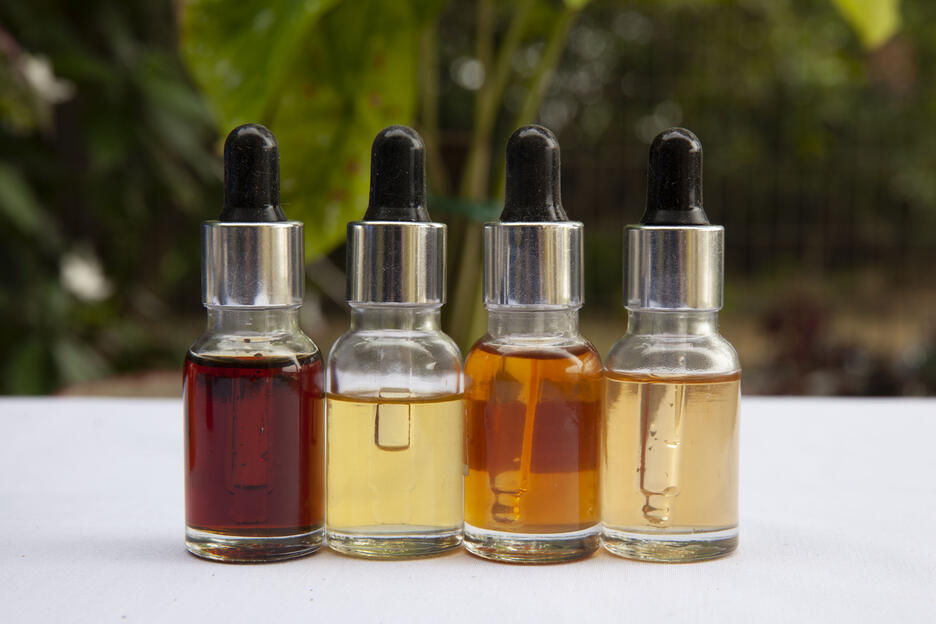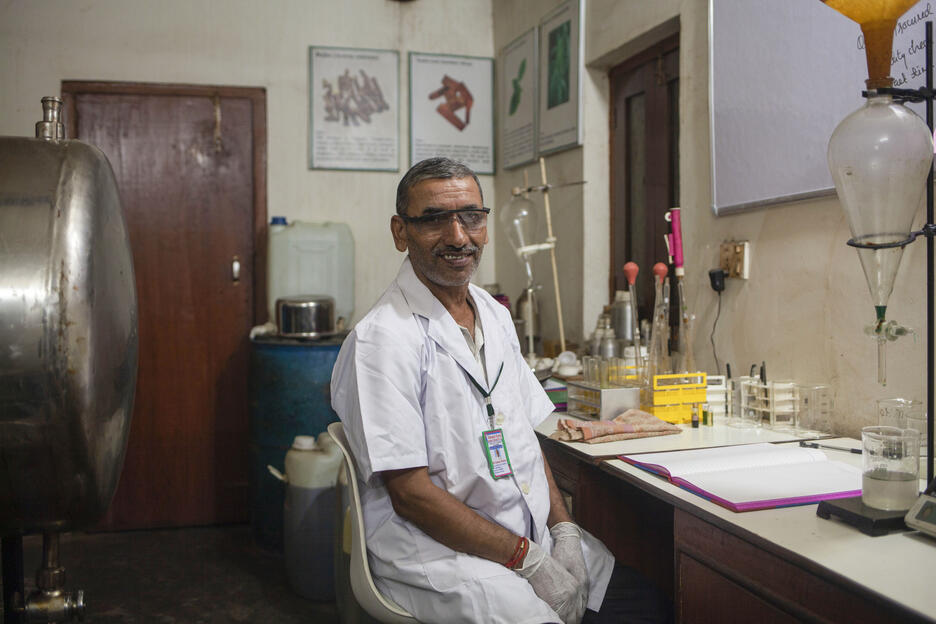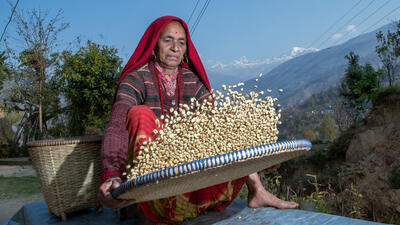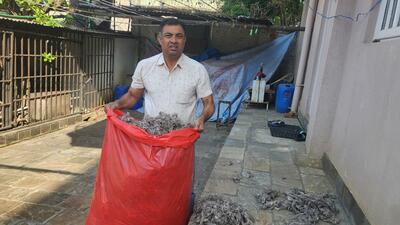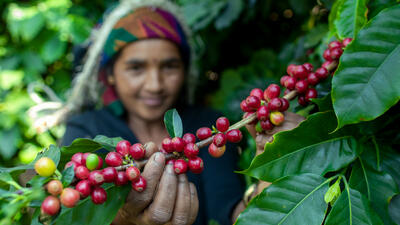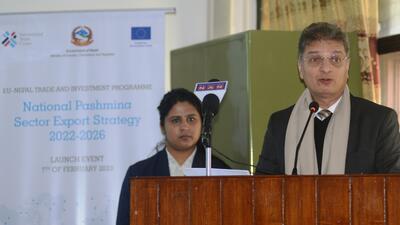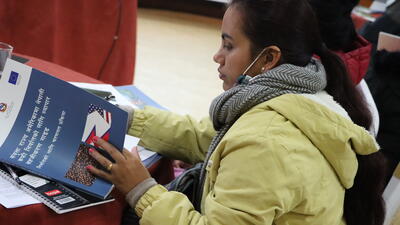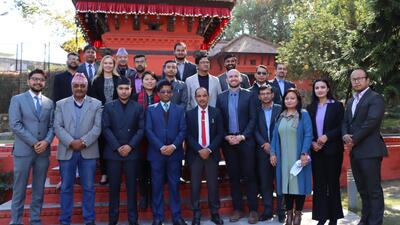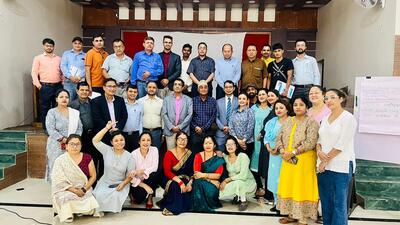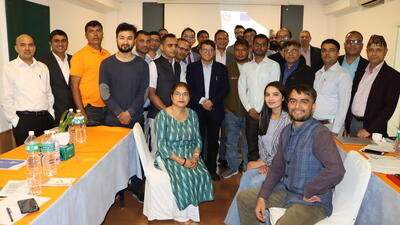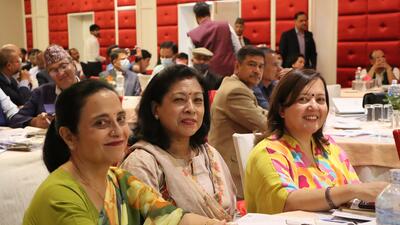
Organic changes everything
The sustainable production of medicinal and aromatic extracts from Nepal has great potential in Europe and America – but this niche market comes with challenges and risks.
Swapnil Jain looks eagerly across the highlands of Bardiya National Park close to his home – Nepalgunj in Western Nepal. His eyes tell a story of hope. A story of heritage. Of a deep sense of belonging and connection to his surroundings.
He is waiting for better news from the Government, who he hopes will lift the lockdown of his country any day now. Once this happens, the farmers he works with can go back to the forest and plains, his employees can pick up their work in his processing facility, and his company can go back to producing essential oils.
Swapnil Jain is the Director of Bahubali Herbal Essence and Extracts Pvt. Ltd., Nepal’s number one processor, supplier, and exporter of this speciality product.
Back in 1996, his father and uncle started the business with the vision of conservation and sustainable sourcing of high Himalayan and low land medicinal and aromatic plants. And Swapnil is one of eight close family members across two generations actively involved in the business.
The family strongly believes that Nepal is the best source for high quality medicinal and aromatic plants worldwide, as the unique position and high altitude guarantee an unspoilt natural environment.
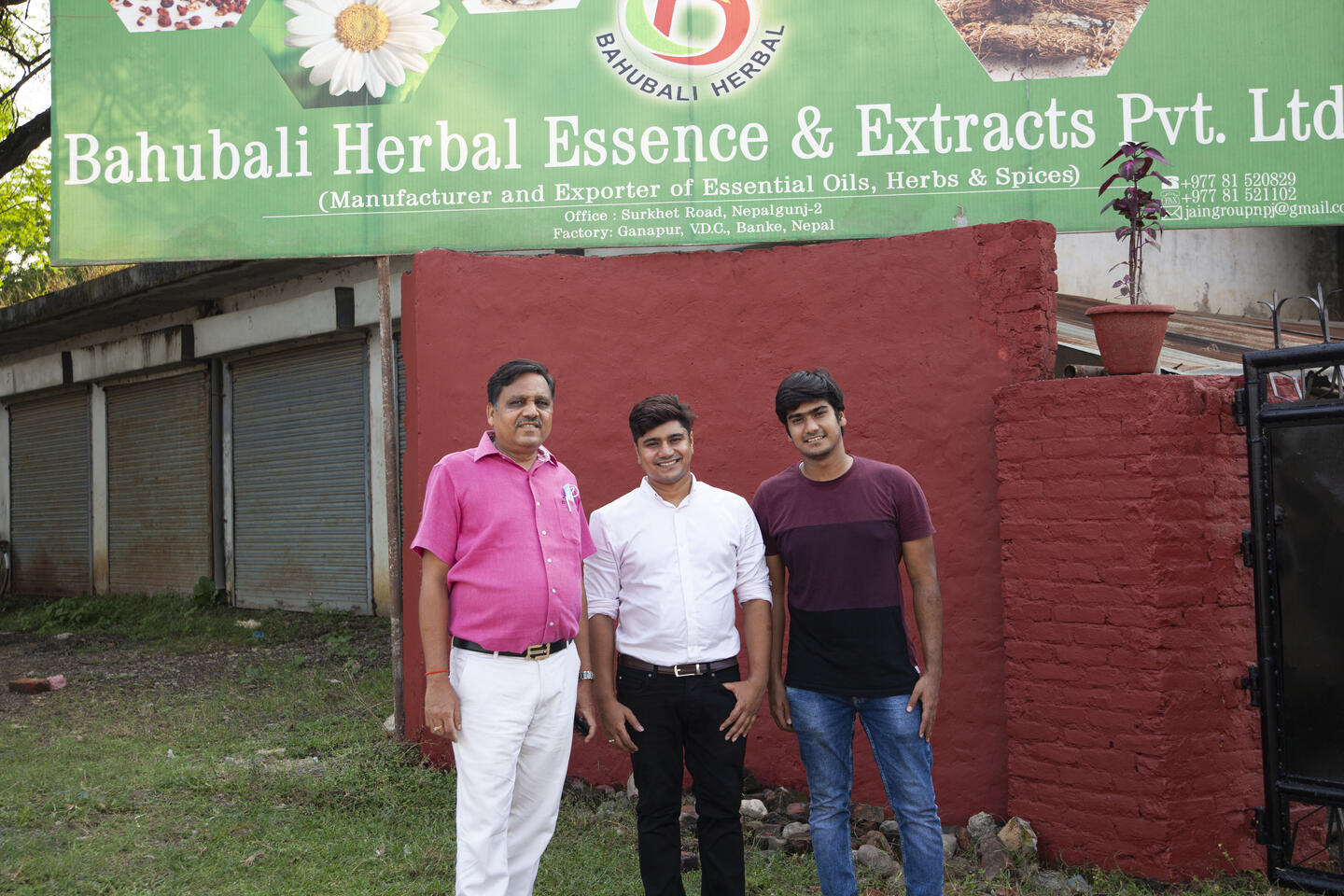
Medicinal plants and extracts are increasingly important export products for many developing countries.
As populations age and consumers’ preference for natural health products increases, medicinal plants represent a niche that exporters in many least developed countries want to develop for sustainable production and export trade.
The global market for botanical and plant-derived drugs is estimated to grow to around $39.6 billion by 2022, with a compound annual growth rate of 6.1% for the period of 2017-2022.
Swapnil tells me that as Nepal consists of over 80% mountainous or hilly regions, employment is hard to come by and migration is omnipresent.
Alongside farming livestock and agricultural products, collecting herbs in the forest has become an alternative source of income for the inhabitants of these remote areas who no longer need to migrate to find work.
"If the farmers and collectors are not able to work, they migrate, travelling to the Gulf countries for jobs. This would have disastrous effects on my business."
Not only that.
Video
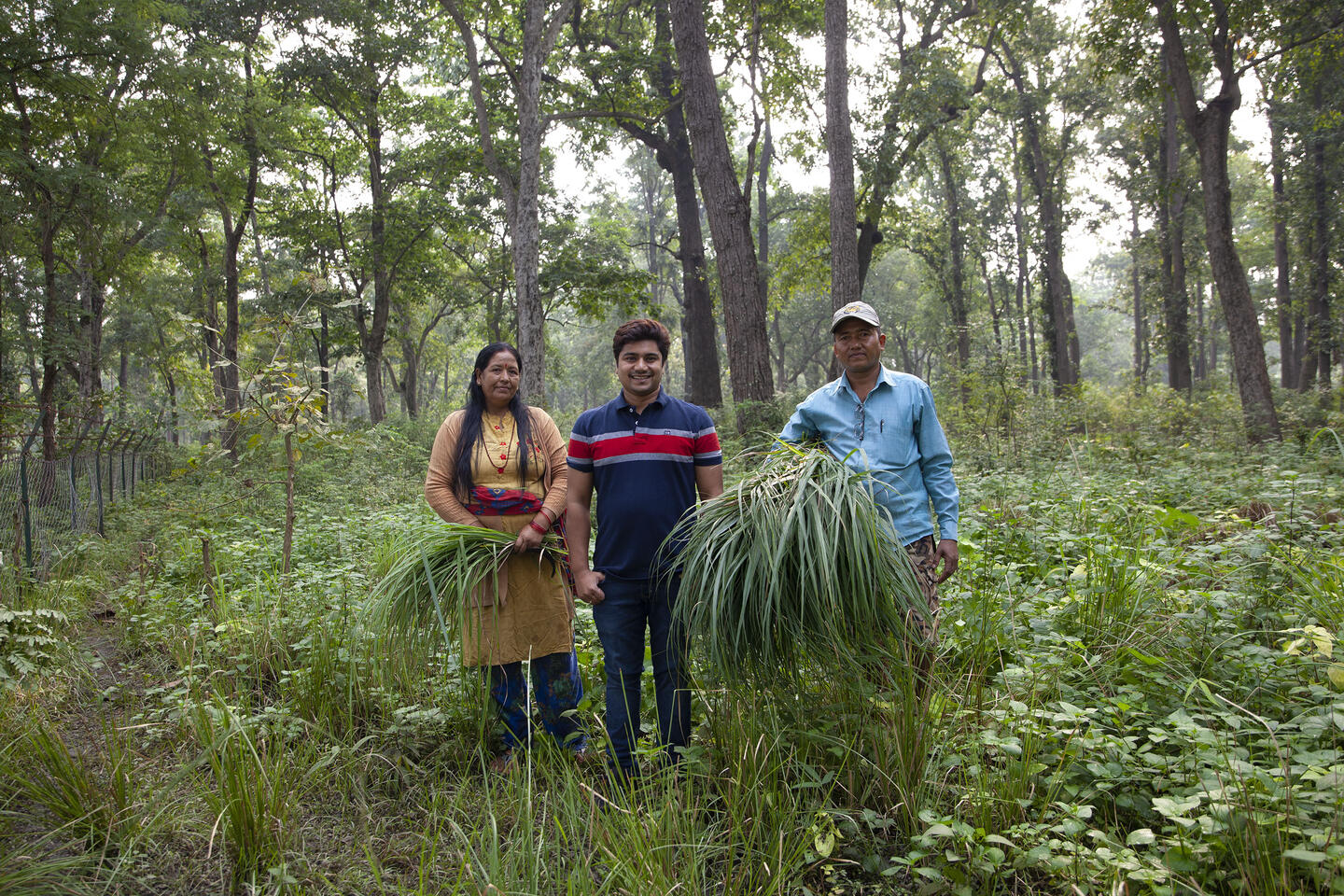
The company has been very rigorous in making sure that the farmers understand how to treat the fragile plants.
Swapnil is grateful that the Government has established a preservation regulation, which means, 60% of the harvest can go to crop, 40% is left in the field.
The 29-year old Director explains that collaborating with the Community Forest Users Group for the farming of the plants and being responsible for the sustainable management of the forest, has helped enormously.
Training and educating the farmers not to use pesticides, to treat the plants carefully and preserve the forest, has been a top priority for the company.
"We have to avoid the cleansing of the forest. If they do not know better, collectors take whole roots, adding to the deforestation of our region."
The collaboration has provided an extra source of income and employment to the farmers and helped them enhance their skills in cultivating medicinal and aromatic plants.
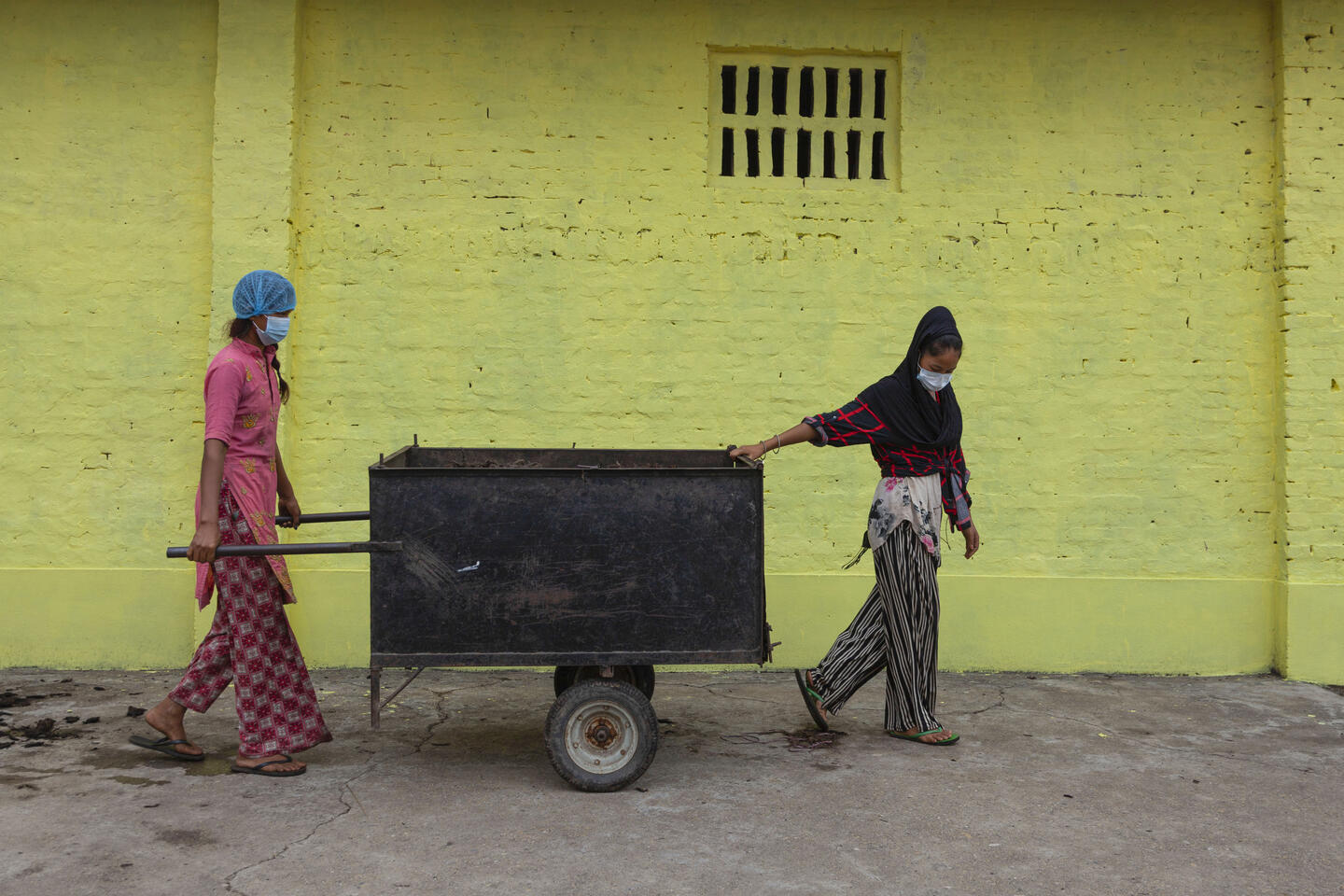
Being a sustainable, green business can open more doors. But COVID-19 is in the way.
The company is committed toward the supply of pure and quality essential oil.
With its six sets of distillation units ranging between 1,000 and 24,000 kg capacity, Bahubali sells 5% of its distilled oils to national exporters, while the rest is mainly exported to India, Europe and the United States.
Receiving organic certification, however, is an investment. An investment that is highly problematic given the economic effects of the pandemic.
There are no certification offices in Nepal, as Swapnil explains. No one can travel here to examine their organic status.
Despite its reduced working capacity of 50%, the family business kept all employees, but the fight for survival is on-going, as harvesting the plants is seasonal.
"The demand is still there, luckily, so we can only hope that the situation will improve, and we can go back to producing full time."
Bahubali Herbal Essence and Extracts Pvt. Ltd. is part of the International Trade Centre’s GreenToCompete Hub in Nepal, that helps businesses adopt green business practices while growing their market. The project is funded by Sweden.




